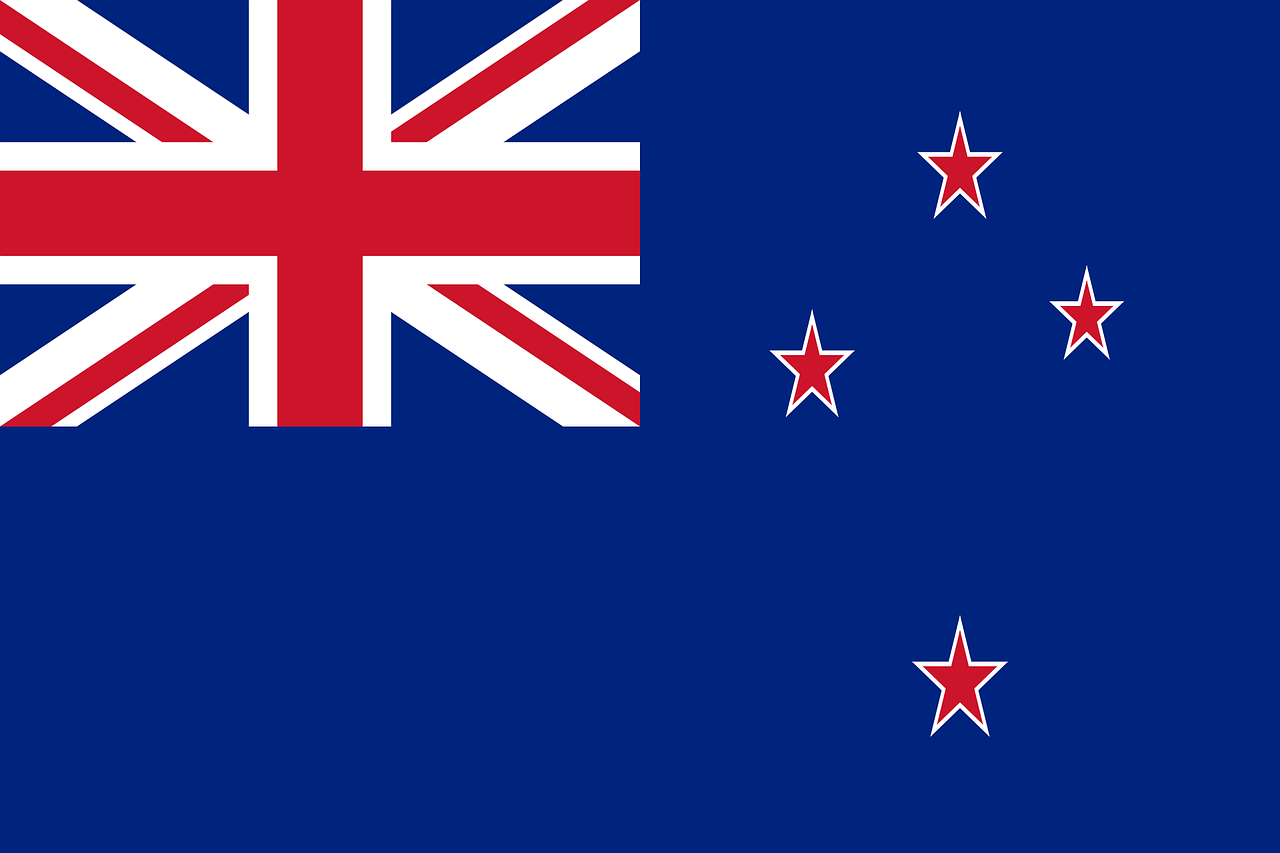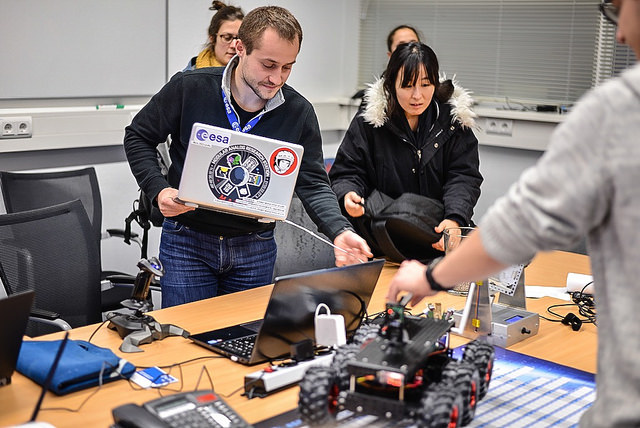Citizens of New Zealand now qualify for the E-2 Treaty Trader Investor Visa thanks to a United States–New Zealand partnership recently signed into law. The KIWI Act, or Knowledgeable Innovators and Worthy Investors Act, signed into law on August 1st, adds New Zealand to the list of eligible countries participating in the E-2 Visa program. This is great news for entrepreneurs from New Zealand seeking to do business in the United States.
Overview of the E-2 Treaty Trader Investor Visa
The E-2 Treaty Investor Visa is a non-immigrant visa type that is only available to foreign nationals of a foreign country with a qualifying treaty of friendship, commerce, navigation, or a similar agreement with the United States. A treaty trader visa is issued for an initial period of 2 years that can be renewed in 2-year increments, with no outer limit on the total period of stay. Dependents of the principal E-2 applicant can apply for derivative E visas to accompany the entrepreneur in the United States.
The E-2 visa allows entrepreneurs from treaty nations to enter the United States and carry out investment and trade activities. Investment activities include the creation of a new business in the United States, or an investment in an existing business in the United States. The investment must be significantly proportional to the total investment, that is, usually more than half the total value of the enterprise or, if a new business, an amount normally considered necessary to establish the business.
 Visa Lawyer Blog
Visa Lawyer Blog










